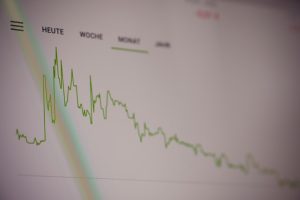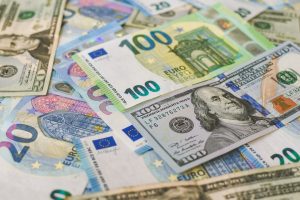The foreign exchange market, commonly known as the forex market, is the largest financial market in the world. It is a decentralized market where currencies are traded 24/7, with a daily turnover of over $5 trillion. The forex market is where individuals, businesses, and governments exchange one currency for another.
The forex market is made up of a network of financial institutions, including banks, central banks, hedge funds, and retail forex brokers. These institutions buy and sell currencies on behalf of their clients, making profits through the difference between the buying and selling prices.
The forex market operates on a global scale, with major trading centers located in London, New York, Tokyo, Hong Kong, and Singapore. Trading begins on Sunday at 5 pm EST and ends on Friday at 5 pm EST, allowing traders to access the market at any time.
The forex market is unique in its level of liquidity, meaning that traders can buy and sell currencies quickly and easily, without worrying about price fluctuations. This is due to the large number of buyers and sellers in the market, which ensures that there is always a willing buyer or seller for any currency pair.
One of the key features of the forex market is the use of leverage, which allows traders to control large positions with small amounts of capital. This means that traders can increase their potential profits, but also their potential losses. As a result, it is important for traders to manage their risk effectively and use appropriate risk management strategies.
The forex market is also influenced by a range of economic and political factors, including interest rates, inflation, and geopolitical events. These factors can impact currency prices, making the forex market a volatile and unpredictable market.
Despite the risks involved, the forex market offers a range of opportunities for traders to profit from currency movements. There are a variety of trading strategies that traders can use, including technical analysis, fundamental analysis, and sentiment analysis.
Technical analysis involves using charts and technical indicators to identify trends and potential trading opportunities. Fundamental analysis involves analyzing economic and political factors to predict currency movements. Sentiment analysis involves gauging market sentiment to identify potential trading opportunities.
In addition to trading opportunities, the forex market also offers a range of benefits for businesses and governments. For example, businesses can use the forex market to hedge against currency risk, while governments can use it to control their exchange rates and manage their foreign currency reserves.
In conclusion, the forex market is a complex and dynamic market that is essential to the global economy. It offers a range of opportunities for traders to profit from currency movements, but also carries significant risks. As such, it is important for traders to educate themselves about the market and use appropriate risk management strategies.






